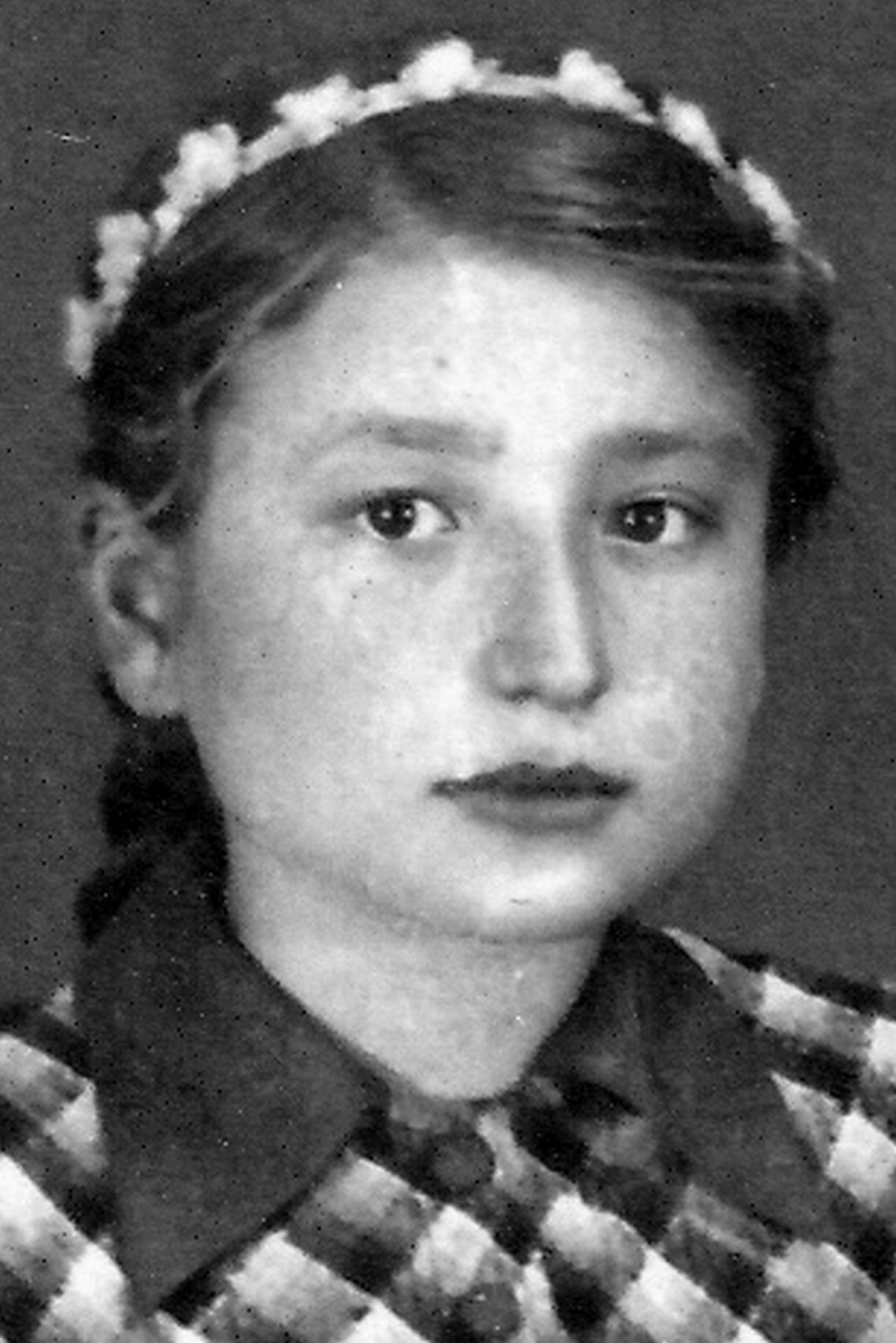She curled up under the gooseberries and saw the spectres. The death march was coming

Stáhnout obrázek
Cecílie Hartošová was born on 8 January 1929 in Služovice in the Hlučín region. Her father Richard Chmelař was a bricklayer and together with her mother Gertruda farmed four hectares of fields. From her childhood, she helped with the work on the farm. During the Second World War, she witnessed events related to the Allied bombing, the stay of prisoners of war in Služovice and the Ostrava-Opava operation. She saw the death march during which prisoners died in Služovice on their way from Auschwitz to Opava. After the war, she helped in the reconstruction of the destroyed Opava, repaired her parents‘ war-damaged house and worked in a nationalised German linen factory in Andělská Hora in the Bruntál region. She married Emerich Hartoš, a Wehrmacht veteran and prisoner of war. During collectivisation the family had to join an agricultural cooperative farm. Cecílie Hartošová then worked in the cooperative farm in Kateřinky. At the time of recording in 2024, she was living in Služovice.













